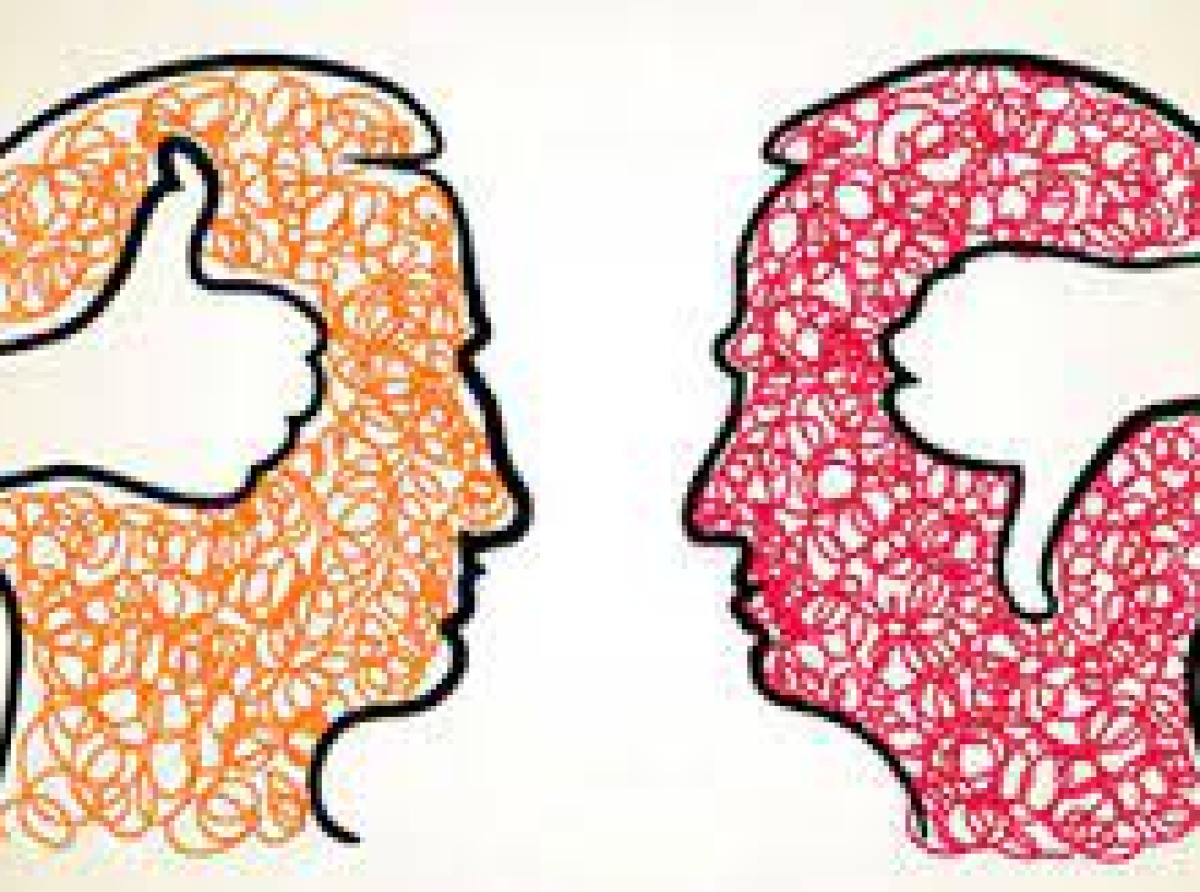6 common methods of justifying unethical behavior
Most of us like to believe that we are morally correct and know right from wrong. But when we are faced with the temptation of violating moral principles to achieve personal benefits, we usually do not choose the right way. Research shows that lying, cheating and other wrong behaviors are very common in this field.
Justification of unethical behavior without remorse:
In many cases, during the psychological process, the amount of unethical behavior is reduced and the ego of the person is considered moral. Researchers call this process, which takes many forms, selfish justification.
Sometimes the purpose of justifying unethical behavior is to rationalize the desired desire before it is realized so that it is easier to do it, and sometimes justifying helps people not to feel guilty after doing the work.
1) justifying the behavior as being in the gray area
One way to avoid feeling guilty is to offer a vague moral definition of the behavior in question, rather than publicly admitting that your behavior is wrong. Of course, some situations are really morally complex or confusing. But people interpret the available information selectively.
To justify their unethical behavior, many people call it philanthropy instead of referring to self-interest. That is, the possibility of humanitarian justification provided a person with the opportunity to more easily use deception to achieve personal benefit.
A real example of this justification can be seen in the university admissions scandal, when a number of wealthy parents engaged in unethical behavior, including fraud and bribery, in an attempt to get their children into selective universities.
Highlighting ethical principles
It seems that just when a person reflects moral principles in another way and in another place, they behave less in accordance with other people's moral values. Researchers call this phenomenon "moral license".
The thinking of these people is based on the fact that doing a righteous act gives a person permission to ignore the behavior of another person. It's as if by doing a good job, the corresponding option is ticked and you can continue with other behaviors.
Clean up the symbol
Research shows that people, after violating moral principles, start real or symbolic cleansing to wash away their sins. The interpretation of the researchers is that cleansing revives a sense of moral purity in people, so they feel less need to compensate for mistakes.
Although cleansing is psychologically beneficial. But it does not necessarily lead to social benefits. Similar results show that instead of increasing the likelihood of a person trying to improve or perform a useful action in the future, this work reduces this motivation.
Half confession
Sometimes, instead of accepting responsibility for all of their mistakes, people only point to a part of it.
Research shows that this also allows one to avoid the negative consequences of full confession. But the same research shows that going for a half confession actually makes people feel bad about themselves.
It is bad to show those who have made a worse mistake than them
Another way to exonerate yourself after committing a heinous act is to judge others for the same slip-up even more severely. Researchers call this method moral distancing.
In short, we usually face a conflict between the desire to see ourselves and be seen as a good person and the desire to act in a direction that is not necessarily consistent with this idea. In an effort to resolve this conflict, we may take various actions, from changing our perspective on behavior to changing our view of ourselves and others.
The guidance of a psychologist and psychiatrist can provide you with useful information about the reasons for justifying unethical behavior.
Translator: fatemeh abbaszadeh.

 En
En  Fa
Fa 